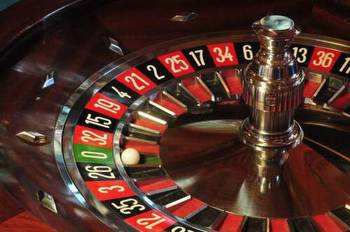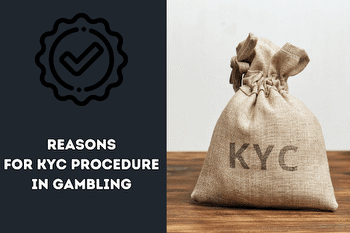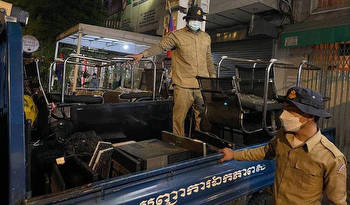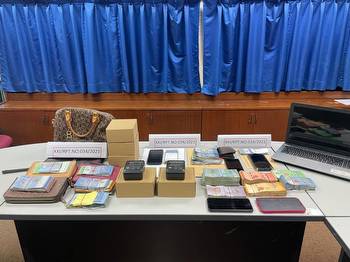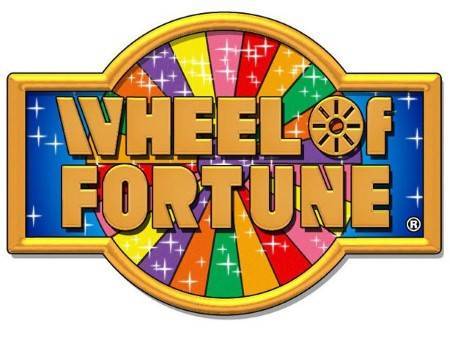Gaming Commission clamps down on health-harming 'jackpots' in operation

Over 400 unlicensed analogue gaming machines, commonly known as jackpots, have been confiscated in an operation by the officers of the Gaming Commission of Ghana and the Police in the Ashanti Region.
The illegal jackpots, mostly owned by Chinese nationals, were stored in a warehouse at Atasemanso in Kumasi.
According to the Gaming Commission, these machines were deployed at night to gaming operators within the region for gambling activities.
After Kenya and Uganda, Ghana comes third on the list of sub-Saharan African countries with a high prevalence of gambling behaviours amongst the youth.
Recent research describes the increasing youth engagement in gambling as a public health concern.
The research established that gambling poses a threat to health, wealth and relationships.
Gambling is a health-harming addictive behaviour recently recognized in the International Classification of Diseases 11 Revision.
Unfortunately, the underaged is heavily exposed to mental health-threatening activity.
The Gaming Commission of Ghana is clamping down on illegal gaming operators in the country.
Public Relations Manager at the Commission, Beatrice Baiden, says a stakeholder engagement established permanent disposal of all non-digital slot machines.
“The Gaming Commission of Ghana in 2018, made its intentions known to streamline gaming activities and phase out all analogue gaming machines from the systems.
“The operators were given December 31, 2021, to phase out all machines which are not of international standards,” she said.
About 400 analogue slot machines owned by Wotinkwa Gaming Operators were confiscated at the warehouse.
According to the Commission, the portability of these jackpots expose the youth, especially minors, to gambling at obscured places.
“Because of their easy means of transportation, they are machines that children are often exposed to by illegal operators.
“Since we are more concerned about the minors, the laws are clear on it that minors are not to be exposed to them,” she said.
The AML Act 2020 (Act 1044) provides that all gaming operators must verify the identity of persons who want to engage in any gaming activity.
The Gaming Commission wants all operators to streamline their activities towards the adoption of conventional digital machines of international standards.
“As part of requirements, licensed operators are required to implement the ‘Know Your Customers’ initiative.
“This essentially means that, if anyone comes to play, ensure that the person goes through identification and verification to avoid minors,” she said.






















